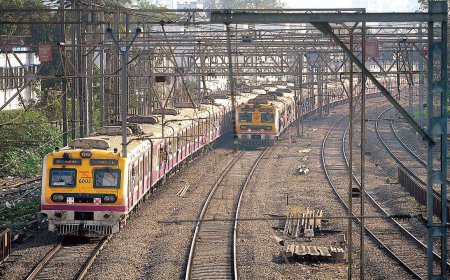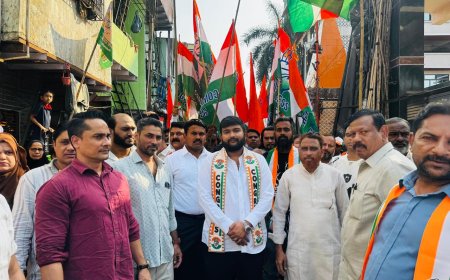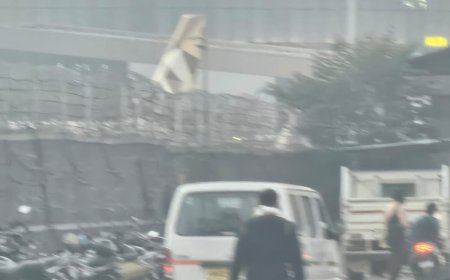New Delhi :Delhi's air quality has reached alarming levels, with an Air Quality Index (AQI) reading of 424 on Thursday, placing it in the "severe" category according to the Central Pollution Control Board (CPCB). The Swiss-based air quality technology company IQAir has also ranked Delhi as the world’s most polluted major city. In response, the Commission for Air Quality Management (CAQM) has implemented strict anti-pollution measures under Stage-III of the Graded Response Action Plan (GRAP), aiming to curb air pollution across the Delhi-NCR region.
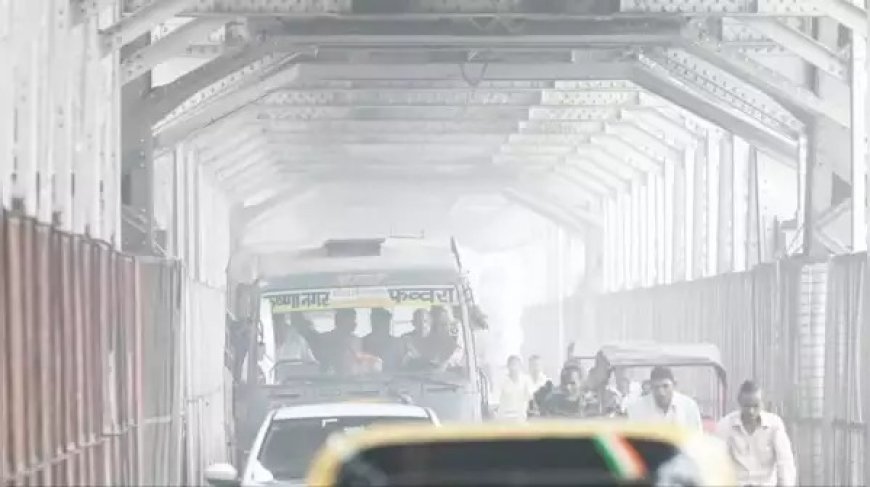
The Graded Response Action Plan (GRAP) is a tiered approach designed to address pollution based on severity. GRAP divides air quality into four stages, with measures that escalate as air quality worsens:
Stage 1: “Poor” AQI (201-300)
Stage 2: “Very Poor” AQI (301-400)
Stage 3: “Severe” AQI (401-450)
Stage 4: “Severe Plus” AQI (>450)
With the AQI in Delhi crossing into the "severe" range, GRAP-III restrictions are now in place, imposing strict prohibitions to mitigate pollution levels.
All construction activities are strictly prohibited.
This includes activities like:
Earthwork and excavation Piling, trenching, and leveling Open-air operations of Ready-Mix Concrete (RMC) plants
The operation of BS-III petrol and BS-IV diesel four-wheelers is banned to reduce vehicular emissions.
Transport of materials like sand and cement is restricted, especially on unpaved routes to reduce dust pollution.
Certain critical public service projects are permitted to continue under strict dust and waste management protocols. These include:
Essential infrastructure projects, such as railways, metro lines, and airport constructions
Healthcare facilities, defense-related projects, and sanitation facilities
The Directorate of Education (DoE) has issued a directive due to persistent severe air quality, mandating the suspension of physical classes for students up to Class 5 across government, government-aided, and private schools in the Delhi-NCR region.
The GRAP-III restrictions represent a concerted effort to improve air quality in Delhi-NCR by limiting high-pollution activities and emissions. However, as AQI levels remain high, authorities and residents are advised to continue monitoring conditions and minimize exposure to the polluted air.



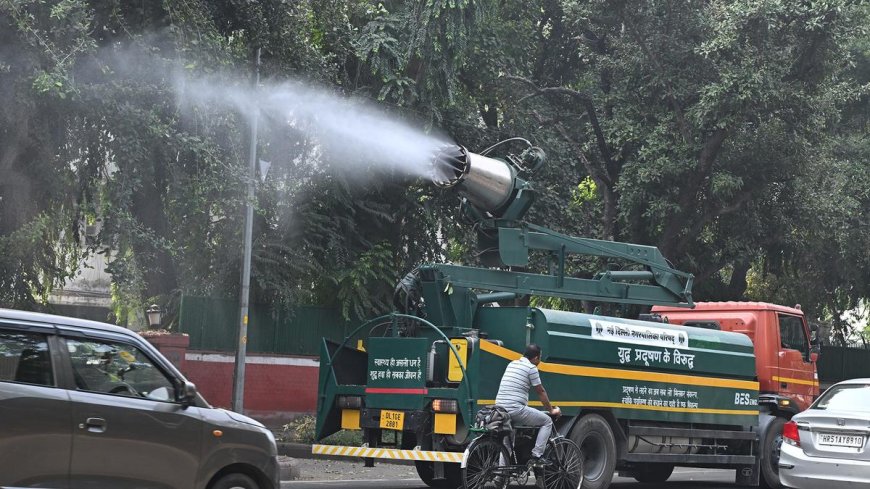
 Previous
Article
Previous
Article

